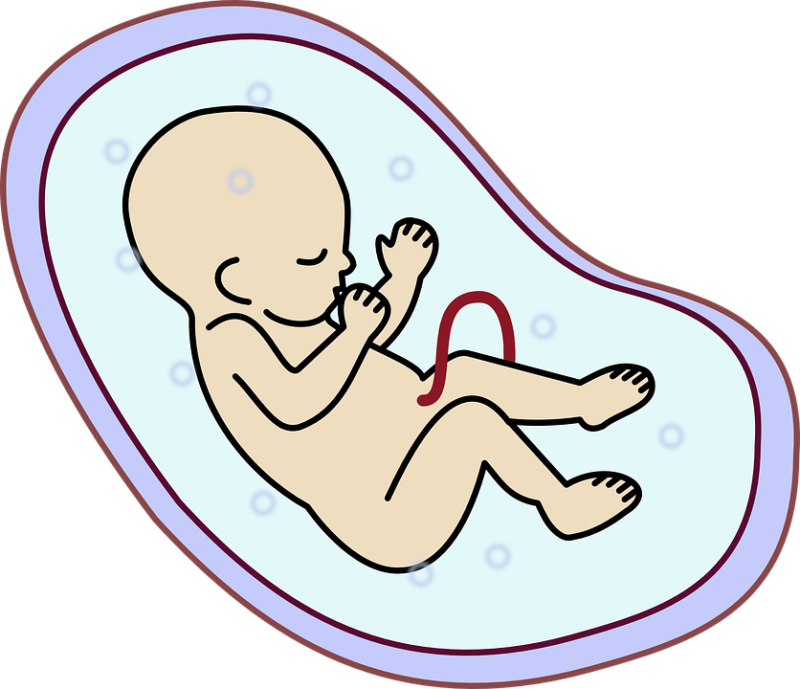If a couple cannot conceive with their eggs and sperm, they should know what is embryo donation and may consider this an option. There could be a problem with the egg or sperm of the recipient, or both at once.
When this happens, a couple can take on an embryo generated from an egg donor fertilized with sperm from a different man. A child born from an egg donor has no genetic relationship to the person who receives the embryo.
You’re adopting a frozen embryo that was fertilized with both sperm and egg from separate donors. In other words, embryo donation is considered a gift. Do you find this interesting? Scroll down to find out more about embryo donation.
What Embryo Donation Is
So, what is embryo donation? Embryo donation is the process of creating embryos using eggs and unrelated sperm. First, an embryo is generated using in vitro fertilization (IVF) techniques. Then, a fertilized embryo will be inserted into the woman’s uterus, where the recipient will be cared for throughout her pregnancy and childbirth.
As a result, the offspring will be regarded as if they were the kid of the woman who gave birth to him. Whether you’re donating sperm or eggs, the basic concept is similar. This process is typically done anonymously to safeguard the confidentiality of all the parties involved.
How does embryo donation works?
Since an embryo donation transfer an embryo, it means that the recipient of the fertilized embryo is unrelated to both the donor of the egg or the sperm source. This egg has been fertilized, frozen, then thawed, just like a conventional donor egg, to make it more convenient.
Other couples who have had IVF treatments and have leftover frozen embryos usually donate them to couples in need. They can choose from various options: pay to retain the embryo permanently, donate it to science research, trash the embryos, or locate a couple that wants to conceive. It may be helpful to read about what is egg donation and how much for egg donation.
Is embryo donation common?
The number of embryo donations in the United States has increased to more than one thousand every year. However, even though the first-ever embryo donation occurred in the 1980s, it was not until ten years later that it became a more popular alternative. It’s becoming increasingly prevalent as individuals recognize this as a viable option. The bigger the number of people who try this process, the more frozen embryos there will be.
Recipients Of The Donor Embryo
When a couple or individual chooses to get an embryo donor, the process may often be referred to as embryo donation. However, this term is a misnomer according to law. The actual adoption only pertains to the situation in which a child is placed into a family that they are not born with.
In the case of an embryo donation, the offspring are born into the family that carries them. Meaning to say, no adoption has taken place. Therefore, the process of selecting embryo donation is comparable to selecting sperm or egg donation in building a family.
I guess it’s helpful to know how long is the egg donation process.
How Much Is An Embryo Donation?
Getting an embryo donor can be a more cost-effective choice for infertile couples than traditional adoption or in vitro fertilization (IVF). For the adoption of a newborn kid, an adoption agency will charge between $10,000 and $25,000, while engaging an attorney might cost $30,000.
After all, is said and done, obtaining an embryo donation still comes with a price tag, including anything from evaluating donors for infectious diseases to drafting legal agreements. The cost of an embryo donation ranges from $3,500 up to $12,000. However, according to the experts, employing an unidentified donor embryo can save up to $2,000 compared to receiving an embryo from a known donor. Also, it is recommended by the experts that donors not be paid for their embryos (ASRM).
Potential Legal Consequences Of Embryo Donation
Recipients and donors commonly utilize the term embryo adoption. However, based on the ASRM’s Ethics Committee, a donated embryo is not regarded as a legal entity until born. Therefore, it is not entitled to the same similar rights as those typically adopted newborns.
As a result, the American Society for Reproductive Medicine prefers the phrase “embryo donation.” Each person undertaking this process will need their own set of documentation. A lawyer should review the informed consent documents.
Donation organizations assist couples in drafting legally binding agreements wherein the donor waives their rights as the parents and transfers them to the adoptive family before donating their child. The adopted pair, however, will be listed as legal parents on the birth record. You may read about embryo donation: legal aspect aspects.
Does It Make A Difference If There’s A Baby?
You must decide whether or not to tell your child regarding their biological parents through embryo donation, just as you would in traditional adoption. However, it will help if you inform parents of all the emotional repercussions of the process before committing.
It’s A Wrap!
After knowing what is embryo donation and you are considering this option, keep in mind that the process can be uncertain, expensive, and lengthy. This can be an excellent alternative to adoption, but it still depends if you and your partner prefer this.

